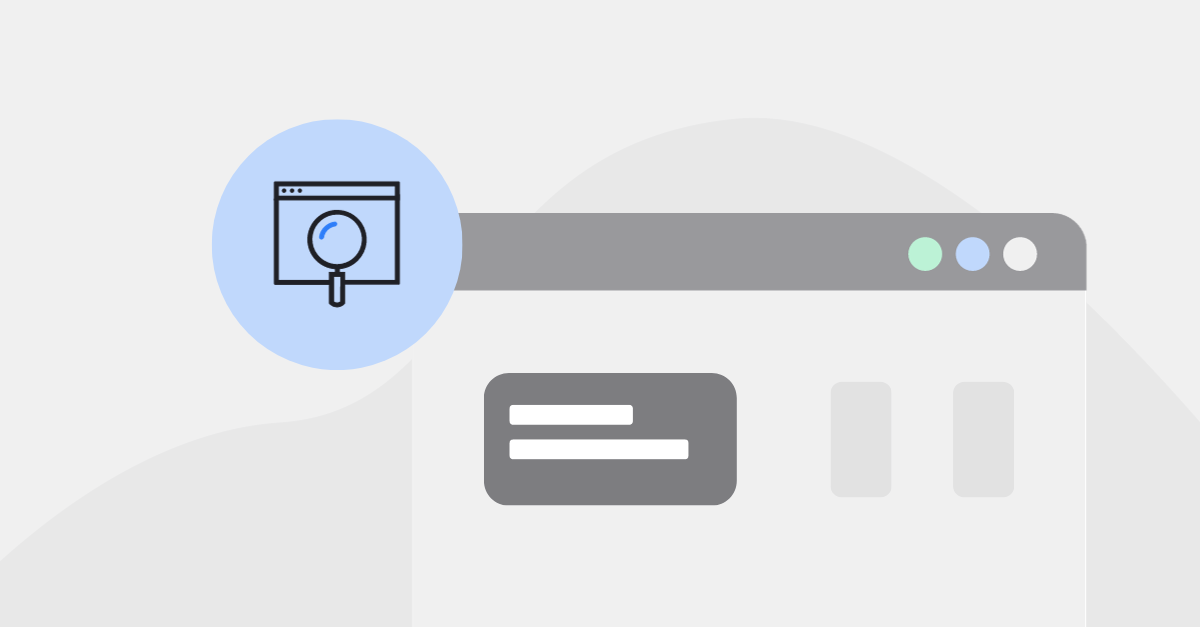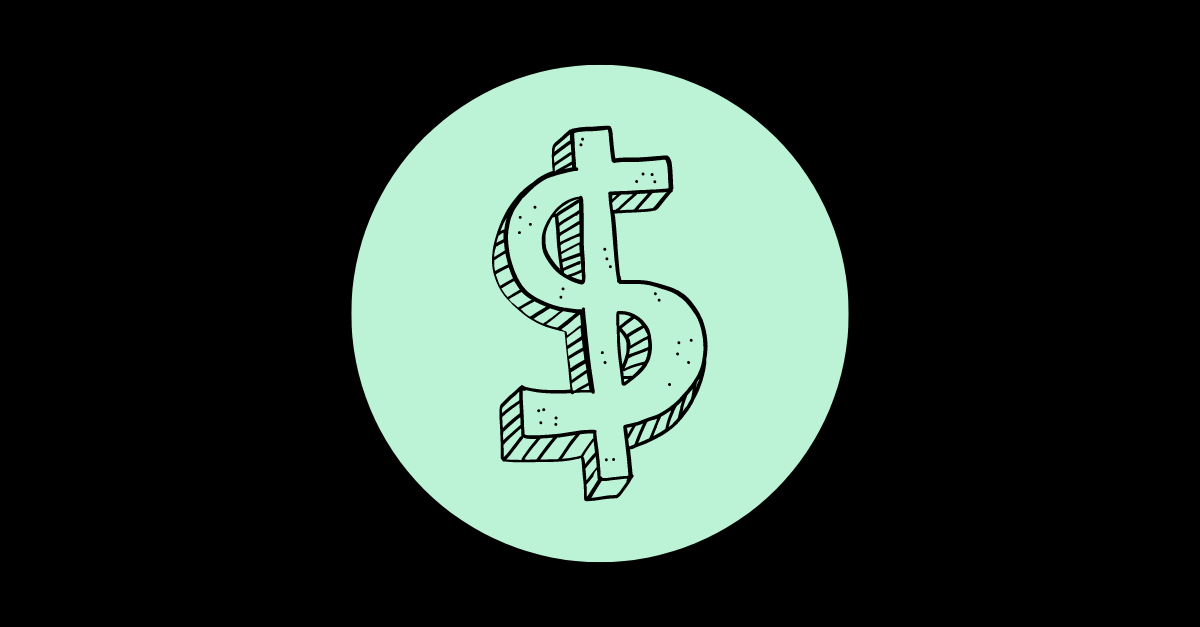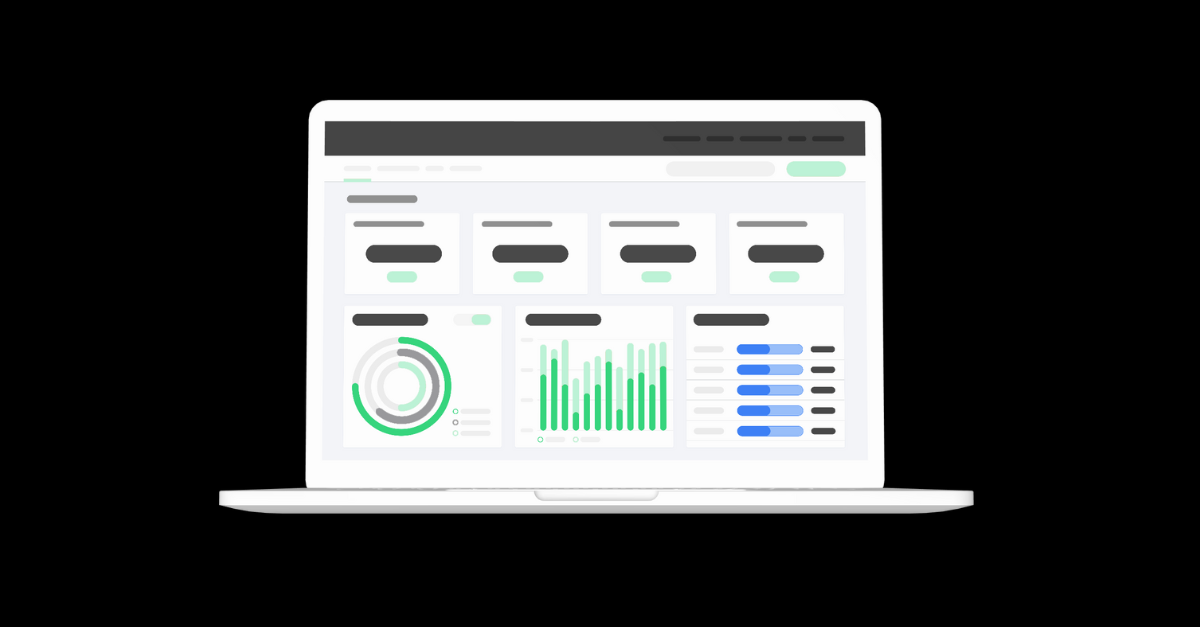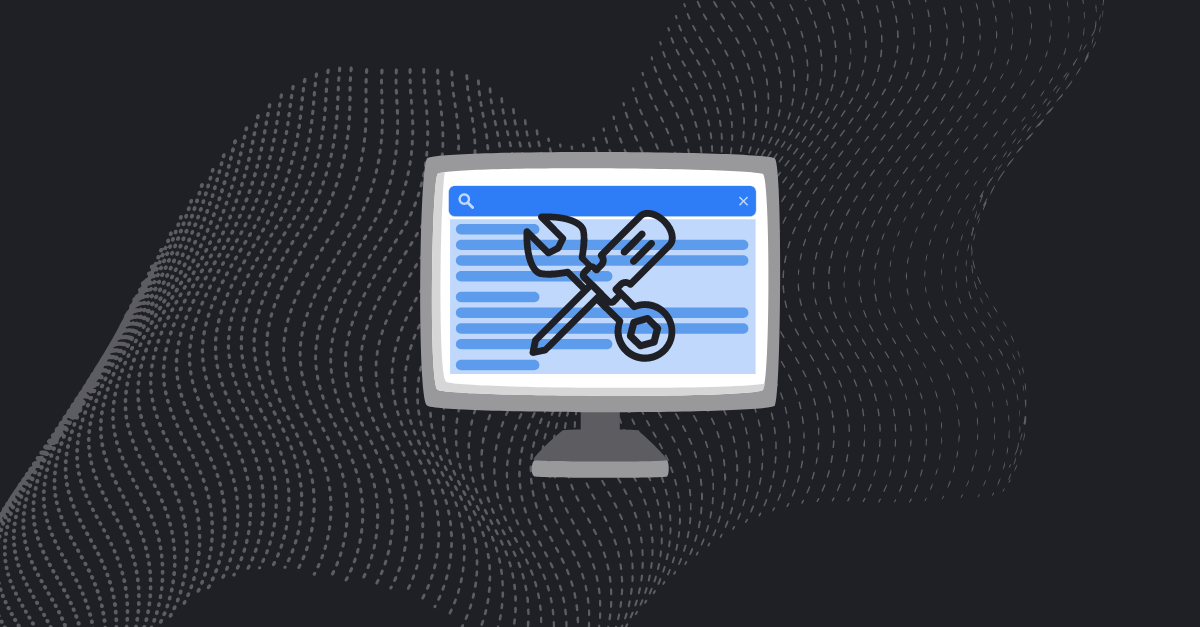In the ever-evolving digital landscape, where information is at our fingertips, understanding how search engines organize and prioritize content is paramount. Welcome to SERP Ranking 101, a comprehensive guide that delves deep into the intricacies of Search Engine Results Pages (SERPs).
Whether you’re a digital marketer, a business owner seeking online prominence, or simply curious about how search engines work, this is your key to unlocking the world of SERPs and harnessing their power to your advantage.
Why Do SERPs Matter?
Because 93% of your web traffic comes from search engines! Your goal is to appear as close to the top of the first page of the SERP as possible because the first five organic results get 67.60% of all the clicks for any given search.
What is a Search Engine Results Page (SERP)?
A SERP is a web page that a user sees when they look for something online using a search engine such as Google. The user enters a keyword search term in the SEO world, and the search engine returns a SERP.
You should know that every SERP is unique. All search engines today customize the user experience based on various factors, such as the user’s location, browsing history, and social settings. While two SERPs can look the same, there are usually subtle differences. The overall appearance of SERPs is constantly changing as major players like Google and Bing try to offer their users the most personalized, intuitive results.
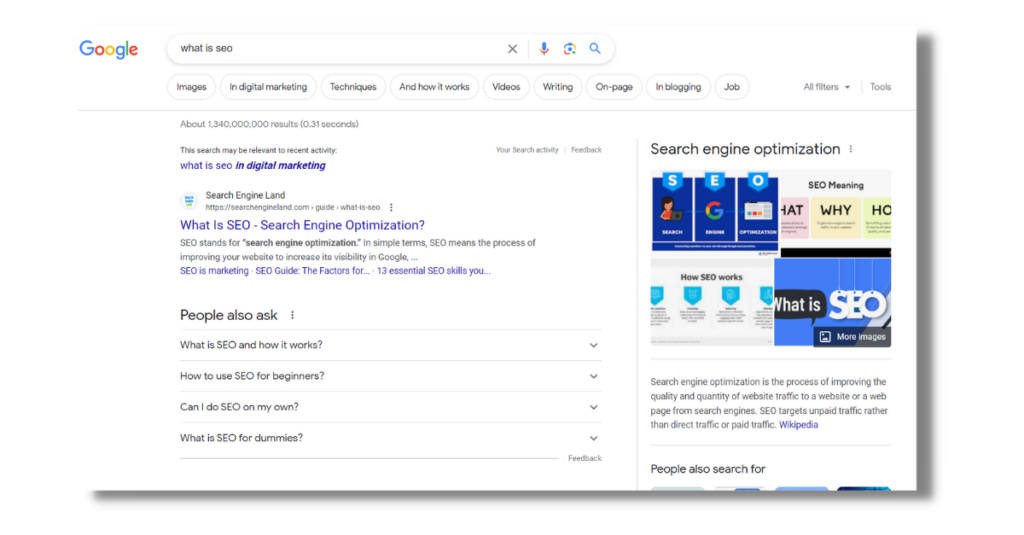
Organic SERPs
SERPs usually feature two types of content: organic and paid results. Organic results appear because of the specific search engine’s algorithm. SEO is a crucial component in optimizing the content on any website to help it rank higher in organic search results. When you analyze SERPs more closely, you’ll notice that some have more organic results than others. The type of search that you do often affects how many paid and organic results you receive.
There are four basic types of internet search:
1. Informational
The user wants information on a specific topic. In these cases, ads are not placed in the search query because the user wants information and isn’t looking to buy anything.
2. Navigational
The user tries to find a specific website through their search. For instance, a user may search for a website for which they can’t remember the URL.
3. Transactional
Searches where paid results are more likely to appear on the SERP. This is because transactional searches often have commercial intent. Users might use words like “shop”, “buy”, “find”, or “near me.”
4. Commercial
Refer to the specific queries made by users with a clear intent to find a brand or engage in a transaction.
Do you need help increasing your web traffic through organic search? See how SPARK can help!
Paid Search Results
Paid results significantly differ from organic results: an advertiser pays for them. Paid ads have improved a lot in the past few years. In the past, advertisers had to hope that the user would read their text ads that would display to the right of organic results. But today, paid results take many forms, catering to the advertiser’s needs and often using pictures to capture the user’s attention.
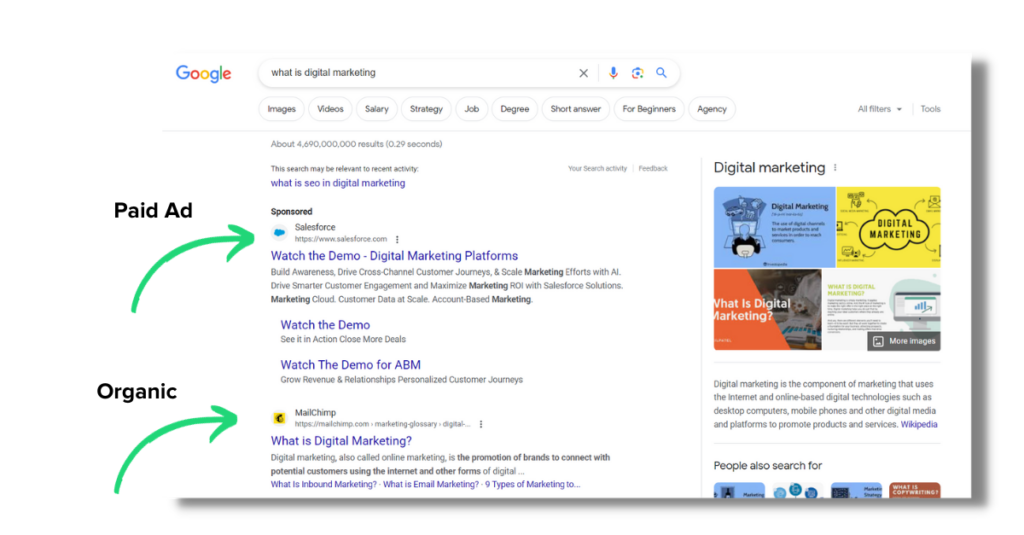
SERP Rankings and Search Algorithms
Now that you know what a SERP is and how search engines display results, you may be curious about how to get your website on relevant SERPs organically.
You should note that organic results and listings depend on several factors, known as ranking signals, that the search engine indexes. Ranking signals help the search engine determine how relevant and useful your website is for a given query. The most important ranking signals are keywords, backlinks, content quality, site speed, mobile-friendliness, and user behavior. By optimizing your website for these ranking signals, you can improve your chances of ranking higher on SERPs and attracting more organic traffic.
Search Engine Optimization (SEO)
Much to the annoyance of Search Engine Optimization Specialists worldwide, the search algorithm used by Google utilizes hundreds of ranking factors, most of which are not explicitly known outside of Google. The algorithm is constantly changing. For instance, in the past, a website needed many backlinks. Today, backlinks are still important, but the focus has shifted from the total number of backlinks to the quality of backlinks.
Search engine optimization is an integral part of having your website displayed on the first pages of the SERP. Optimizing websites aids in more visibility, and this is done both through on-page and off-page SEO techniques.
On-Page SEO
On-page SEO is a term that is used to refer to best practices in website content and structuring. This includes considering keyword utilization and optimization, metadata creation, proper usage of tags, clean HTML code, and more.
Off-Page SEO
Off-page SEO is also important to appear in relevant SERPs. Off-page SEO may include link building and exchange, content marketing, optimized directory listings, and creating online communities on social media platforms.
SEO is a beast and far too much to go into when discussing SERP, but it is an essential part of where you appear on these all-important results pages. The whole goal of SEO is to achieve higher rankings from an organic perspective. This can be done alone or in conjunction with paid ads.
Pay-Per-Click
While organic SERP utilizes SEO, pay-per-click, or PPC, focuses on using an advertising budget to achieve positioning on the search engine results pages. Yet, it is more complex than paying money and having your name and company information appear in search results. Instead, paid search ads are essentially an auction. Advertisers bid on keywords relevant to their business and will trigger a display of their ads when their target audience uses those terms.
There are many options for displaying advertising, and where you appear in the ads section will depend on your budget and bidding strategies. Paid searches are as complex as SEO, but they will allow you to be prominent on the SERP sooner than organic efforts alone might.
Need Help Improving Your Position on SERPs?
We understand that search engine results pages, SEO, and paid advertising can be overwhelming. Many business owners have a website built, not understanding that their website doesn’t work for them unless they gain exposure. At SPARK Business Works, we have a proven method that helps businesses see an increase in their search engine ranking, which brings them more relevant traffic.
If you would like to discuss our approach to boosting business by improving the SERP position, reach out to us at no obligation and see what we can do for you.

